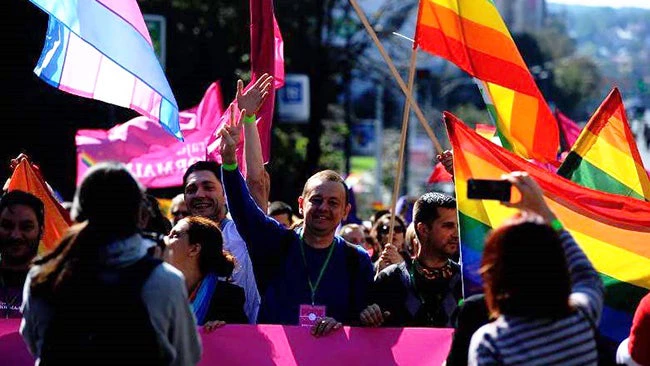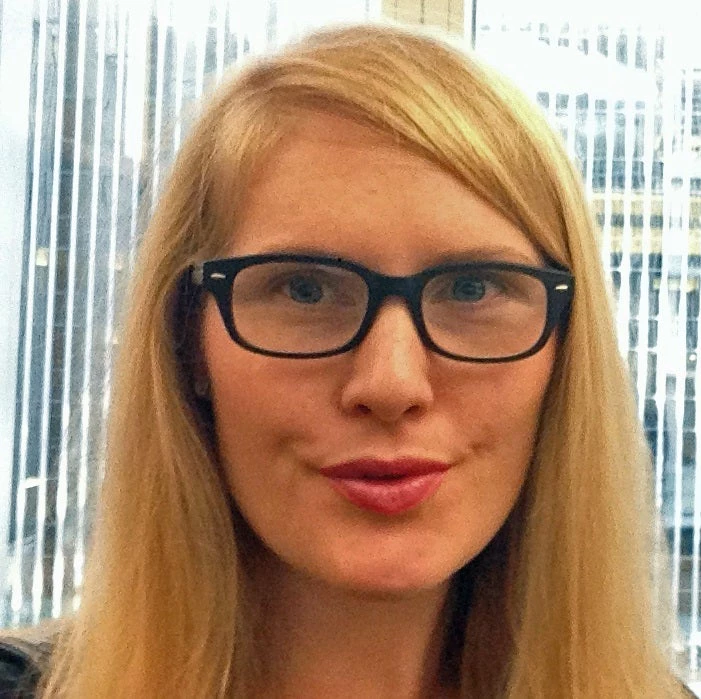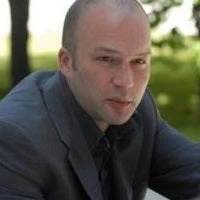
SURVEY: If you consider yourself to be LGBT and/or I, are at least 18 years old, and live in Albania, Bosnia and Herzegovina, Croatia, Kosovo, Macedonia, Montenegro, Serbia, or Slovenia - please take our survey: cawi.ipsos.rs/LGBTI_survey
Discrimination against lesbian, gay, bisexual, transgender and intersex (LGBTI) people is an all too familiar story. Members of this community are frequent targets of violence and other human rights abuses, and often face prejudice and hardship at work, in their communities, and at home.Action is needed to address these problems and ensure that everyone – regardless of race, gender, age, sexual orientation, or gender identity - has an equal chance to live a healthy and prosperous life.
This is not only the right thing to do, it also makes economic sense: a growing body of evidence indicates that discrimination against LGBTI people has a negative economic impact on society.
Many LGBTI people face discrimination from an early age – which often continues throughout their entire life and hinders them, both socially and economically, from the cradle to the grave.
In school, LGBTI students face prejudice, intolerance, discrimination, and violence – disrupting their ability to learn and leading to lower attendance and higher drop-out rates . In Bulgaria, Romania, the Czech Republic and Poland, for example, between 83-95% of students have witnessed negative comments directed at a classmate who was perceived as LGBTI.
These same issues persist in the workforce as well, leading to occupational segregation, fewer opportunities for promotion, and an increased chance of losing one’s job. This grim reality can lead many LGBTI people down a difficult life path and lead to homelessness among LGBTI youth.
Given these challenges, it is not hard to believe that LGBTI people are over-represented among the poor.
Unfortunately, a lack of robust quantitative data on the development experiences and outcomes of LGBTI people, that can be compared to non-LGBTI people, currently undermines the case that LGBTI exclusion is an economic development problem and constrains our ability to design targeted policies capable of overcoming these challenges.
To address this need, our team at the World Bank is taking new steps to better understand the economic lives of LGBTI people and to fill those data gaps, starting in Southeast Europe.
The LGBTI community in Southeast Europe is largely “invisible.” For example, only 18% of Serbians personally know someone who’s LGBTI. And perhaps more surprising, this is the highest rate in the region! This lack of inter-personal connection leads to stereotypes, hostile sentiments, and even violence.
To help us better understand the situation faced by LGBTI people in Southeast Europe, we launched a survey of LGBTI people living in Albania, Bosnia and Herzegovina, Croatia, FYR Macedonia, Kosovo, Montenegro, Slovenia and Serbia.
This survey – the largest data collection initiative of its kind ever in the region – is designed to help us learn more about the lives of LGBTI people in these countries. This information will help governments (and others) identify the biggest problems faced by this group in order to design targeted interventions that can better address these important challenges.
The survey replicates a 2012 survey of LGBTI people across European Union (EU) member states conducted by the EU’s Fundamental Rights Agency, allowing us to compare the experiences of LGBTI people in EU member states and countries in the region.
For Serbia the team has designed one of the first surveys globally that will provide data about the living conditions and employment of LGBTI people, enabling country-specific comparisons between LGBTI people and the general population in the country.
Although an important step forward, these surveys are merely the informational foundation upon which we can then erect concrete, robust initiatives capable of overcoming discrimination.
For our part, we at the World Bank are committed to providing training - both for our staff and in coordination with our clients and partners - on inclusive development; we will integrate LGBTI components into our operations, pilot programs, and interventions; and we will mainstream LGBTI issues into our monitoring and evaluation activities.
The task of overcoming these injustices is great. But the imperative to do just that is even greater. It starts with small steps like these, which are backed by a larger commitment: to improve the lives of everyone, not just some.




Join the Conversation